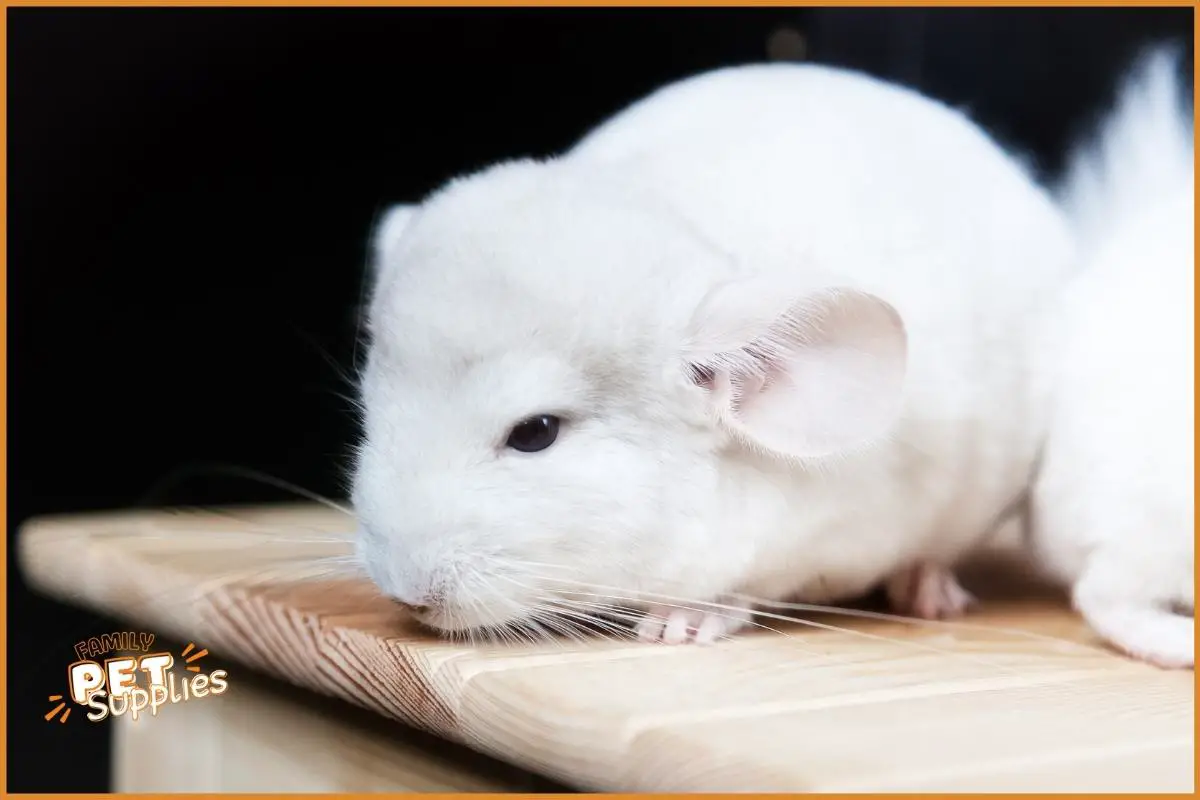Walnuts are high in fats and aren’t ideal for chinchillas. If offering, do so sparingly and ensure they’re unsalted. Stick to their primary diet and known treats. High-fat foods can lead to weight gain and other health issues.

Key Takeaways
- Walnuts have high fat content that is not recommended for chinchillas
- Excessive consumption of walnuts can lead to weight gain in chinchillas
- Portion control is important when feeding walnuts to chinchillas
- Stick to the chinchilla’s primary diet and known treats formulated for their nutritional needs.
Nutritional Profile of Walnuts
Walnuts have a high fat content, making them unsuitable for chinchillas to consume regularly. While walnuts are known for their potential benefits for heart health in humans, chinchillas have different dietary needs. Incorporating walnuts into a balanced chinchilla diet isn’t recommended due to the high fat content.
Chinchillas require a diet that’s low in fat to prevent weight gain and health issues. Stick to their primary diet of hay, pellets, and fresh vegetables, and offer known chinchilla treats in moderation. It’s important to prioritize the overall health and well-being of your chinchilla by providing a diet that aligns with their specific nutritional requirements.
Potential Risks of Feeding Chinchillas Walnuts
Feeding chinchillas walnuts can pose potential risks to their health and well-being. While walnuts may be a tasty treat for humans, they’re high in fats and not ideal for chinchillas. It’s important to practice portion control and limit the amount of walnuts given to your chinchilla.
Excessive consumption of high-fat foods like walnuts can lead to weight gain and other health issues in chinchillas. To ensure proper weight management, it’s best to stick to their primary diet and known treats that are specifically formulated for chinchillas.
If you decide to offer walnuts as an occasional treat, make sure they’re unsalted and given sparingly to avoid any potential negative effects on your chinchilla’s health.
Chinchillas’ Primary Diet and Treats
To ensure the overall health and well-being of your chinchilla, it’s important to focus on their primary diet and the treats that are specifically formulated for them.
When it comes to chinchilla food options, a high-quality pellet formulated specifically for chinchillas should make up the majority of their diet. These pellets provide the necessary nutrients and fiber that chinchillas need to thrive.
Additionally, hay should also be available at all times for them to nibble on.
As for treats, it’s important to choose healthy options that are low in fat and sugar. Some good choices include dried fruits, such as raisins or dried apple slices, or small pieces of fresh vegetables like carrots or bell peppers.
Understanding the Impact of High-Fat Foods
Be cautious about the effects of high-fat foods on your chinchilla’s health. While walnuts may seem like a tasty treat, they’re high in fats and not ideal for chinchillas. If you do choose to offer them, do so sparingly and ensure they’re unsalted.
It’s important to stick to your chinchilla’s primary diet and known treats to maintain their overall health. High-fat foods can lead to weight gain and other health issues in chinchillas. To prevent this, practice portion control and prioritize weight management.
Moderation and Portion Control
When it comes to feeding your chinchilla walnuts, it’s important to practice moderation and control the portions given. Walnuts are high in fats, which can lead to weight gain and other health issues if consumed in excess. Instead of offering large portion sizes of walnuts, it’s recommended to give them as an occasional treat in smaller quantities.
This way, you can ensure that your chinchilla isn’t consuming too much fat. It’s also essential to provide alternative treats that are more suitable for their dietary needs. Stick to their primary diet and known treats that are specifically designed for chinchillas to maintain their overall health and wellbeing.
Salted Vs. Unsalted Walnuts: Which Is Better
Continuing from the previous subtopic, consider whether salted or unsalted walnuts are a better choice for your chinchilla’s diet.
When it comes to portions and weight management, unsalted walnuts are the safer option.
Salted walnuts contain added sodium, which can be harmful to your chinchilla’s health. High sodium levels can lead to dehydration and other health issues.
It’s important to prioritize your chinchilla’s well-being and stick to a diet that promotes their overall health.
Additionally, there are alternative nut options that are more suitable for chinchillas. Almonds and hazelnuts, for example, are lower in fat and can be a healthier choice.
Always consult with a veterinarian before introducing any new foods into your chinchilla’s diet.
Promoting Chinchilla’s Overall Health and Well-being
To promote your chinchilla’s overall health and well-being, prioritize a balanced diet and regular exercise.
Chinchillas need exercise to stay physically fit and mentally stimulated. Providing them with a safe and spacious environment to explore and play is essential. You can let them out of their cage for supervised playtime, allowing them to run, jump, and climb.
Additionally, providing them with toys and accessories that encourage physical activity, such as tunnels and exercise wheels, can help keep them active.
Mental stimulation is equally important, as chinchillas are intelligent animals. You can provide them with puzzle toys or hide treats in their cage to encourage problem-solving and keep their minds sharp.

